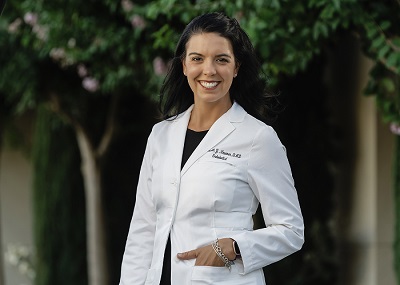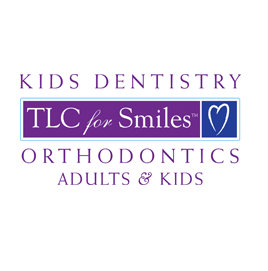What to Read Next
-

Zirconia Implants: A Dental Innovation Iamnoyek
-

Zirconia Ceramic Coating On Titanium Dental Implants Reduces Bacterial Adhesion Dr. Azadeh Khajavi
-

What Makes A Good Endodontist ? Dr. Meredith Newman Fresno Endodontist
-

Dental Care For Seniors Adrian Martinez
-

Root Canal Specialist During the Pandemic Meredith Y. Newman, DMD
-

The Link Between Sleep Apnea And Oral Health Adrian Martinez
-

5 Dental Procedures to Improve Your Oral (and overall) Health Adrian Martinez
-

There’s no easy root canals in endodontics Meredith Y. Newman, DMD
-

Why a Regular Dental Check Up is Important Adrian Martinez
-

Five-year success rate of CeraRoot® Zirconia Dental Implants AD Ratings
-

How to Treat Wisdom Teeth Pain of Your Teen? Jessica Smith
-

Tongue Microbiome & Pancreatic Cancer AD Ratings
-

Does poor oral health impact brain function? AD Ratings
-

Dr. Pamela MacPherson : Center For Dental Restorations AD Ratings
-

TLC For Smiles Granada Hills AD Ratings

Dental work with Dr. Eva Urena was an experience I'll never forget. Dr. Eva is a professional, refers to other professionals to ensure her decisions and did several implants with ZERO complications. This doctor and her staff are TOP notch. They care. They will do their best and the price is reasonable. I received laser therapy after every procedure and I believe THAT helped me heal with no infection EVER. I love this office and the people within. They are worth every peso!!!
 katie
katie 
I’ve never had a better experience at a dentist in my life. I had a root canal done. It took less than 45 minutes and I never felt pain. Dr. Morgan was, professional, kind, and always explained to me what she was doing and how she was doing it. The next day she called and checked on me to be sure that I was OK and healing properly. It was absolutely the best experience I’ve ever had at a dentist. PERIOD
 Michael Kevin Walker
Michael Kevin Walker 
I’ve never had a better experience at a dentist in my life. I had a root canal done. It took less than 45 minutes and I never felt pain. Dr. Morgan was, professional, kind, and always explained to me what she was doing and how she was doing it. The next day she called and checked on me to be sure that I was OK and healing properly. It was absolutely the best experience I’ve ever had at a dentist. PERIOD
 Michael Kevin Walker
Michael Kevin Walker



